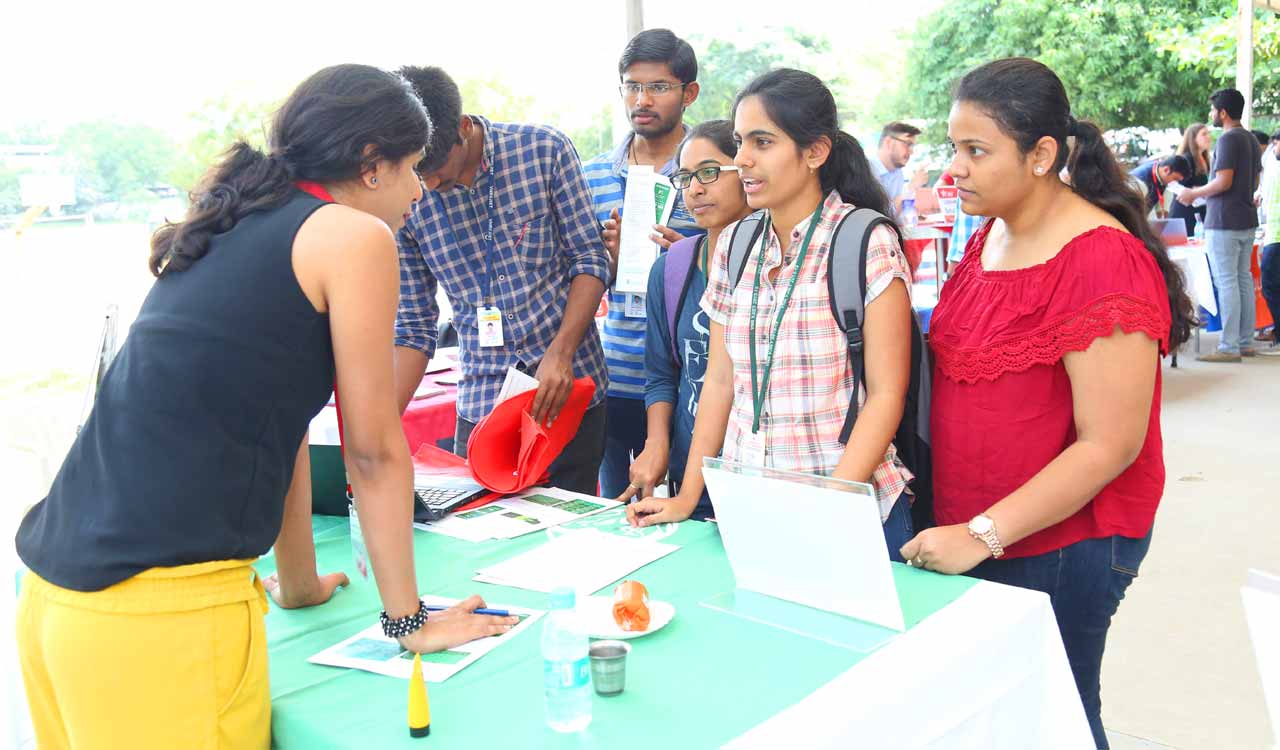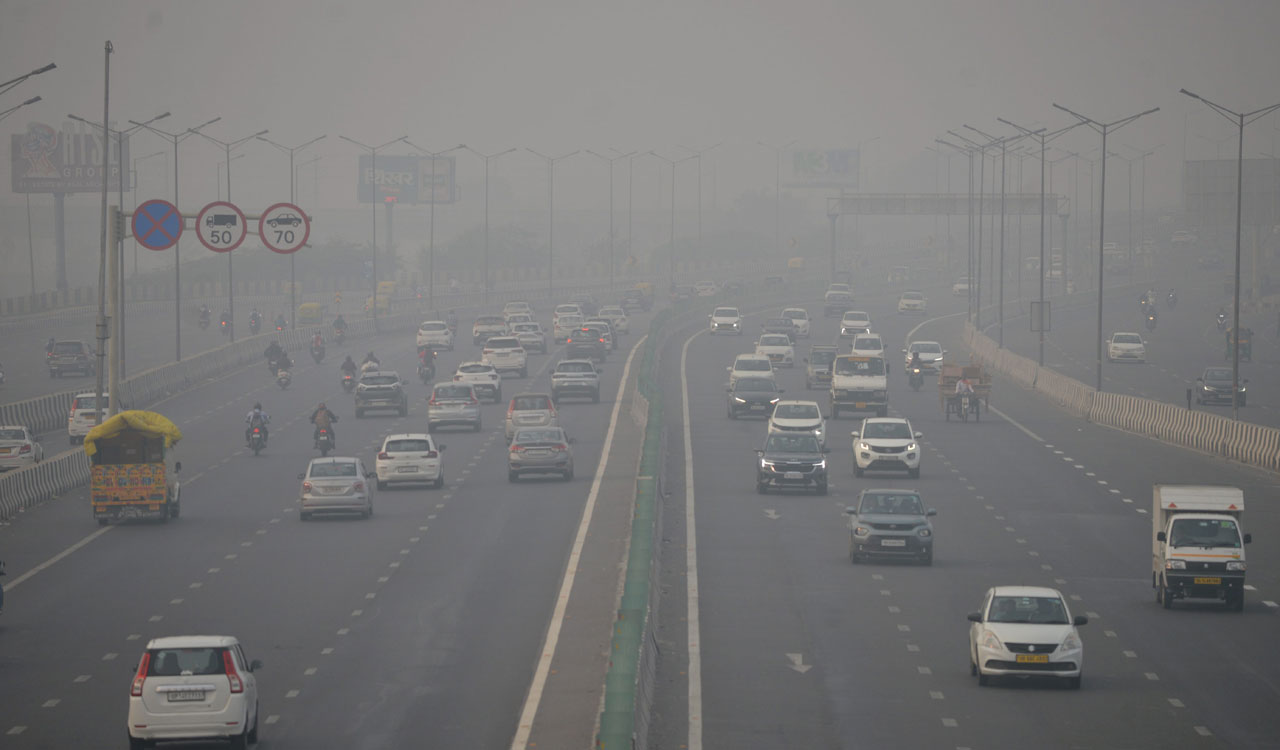Editorial: New concerns over Delta
Given the virulence of Delta Plus variant, India needs to be extremely cautious about its unlocking measures

At a time when there is an overall sense of relief over the steady decline in the daily cases of Covid-19 across the country, the virulent nature of the Delta Plus variant of the coronavirus has emerged as a new area of concern. Stepping up vaccination coverage and continued enforcement of Covid-appropriate public behaviour, including wearing masks, are the only way to tame the rapidly mutating pathogen. There has been a growing number of cases of Delta Plus variant across India, with Maharashtra and Tamil Nadu accounting for a lion’s share of the deadly variant which spreads faster than the earlier ones and is more resistant to medication, treatment, and vaccination. Neutralising antibodies against this variant post-vaccination seems to be nearly five times lower in people who have already been vaccinated than the other variants. If this variant is not controlled quickly, it could lead to a ferocious third wave of the pandemic. The Delta Plus variant has been instrumental in causing a new wave of Covid-19 infections in the United Kingdom and parts of the United States. There are concerns that it can bypass vaccine immunity, a phenomenon called immune escape. Countries like India with a big population size are always at risk of having extensive effects. Medical experts have already cautioned against any relaxation in adherence to Covid-appropriate behaviour. The dangerous Delta variant was first detected in India and the World Health Organization (WHO) declared it as ‘variant of concern’. It is now found in at least 85 countries and spreading rapidly among unvaccinated populations.
This variant is highly transmissible, spreading nearly 60% faster than the Alpha variant detected first in the UK. The estimates for doubling rate — time taken for the number of infections to double — for the Delta is also relatively high, ranging from 4.5 days to 11.5 days. The second wave of the pandemic, led by the Delta variant, showed how rapidly the infection was spreading and caused a high number of fatalities. With concerns growing about the fast-spreading variant, new restrictions are being imposed in countries that had previously managed to control the pandemic. Given the virulence of the new variant, India needs to be extremely cautious about its unlocking measures. Prevention of large gatherings, widespread testing, prompt tracing and enhancing vaccine coverage should be given top priority. After initial hiccups, the Centre has now reset its vaccination policy with a target of covering the entire adult population by the end of this year. It is expected that over 51.6 crore vaccine doses would be made available by July 31 and the projected availability of vaccines from August to December will be sufficient to meet the requirement of the entire population.
Now you can get handpicked stories from Telangana Today on Telegram everyday. Click the link to subscribe.
Click to follow Telangana Today Facebook page and Twitter .
Related News
-
Save future of Telangana NEET PG aspirants, IMA writes to CM Revanth Reddy
16 mins ago -
Telangana techie loses Rs 4.15 lakh to online gold trading fraud
46 mins ago -
Hyderabad: Couple working as house help at doctor’s residence held for theft
1 hour ago -
Hyderabad auto driver foils attempt to kidnap young woman, five held
2 hours ago -
Haiti gang attack on journalists covering hospital reopening leaves 2 dead, several wounded
3 hours ago -
21 dead as Mozambique erupts in violence after election court ruling
3 hours ago -
Cartoon Today on December 25, 2024
11 hours ago -
Sandhya Theatre stampede case: Allu Arjun questioned for 3 hours by Chikkadpallly police
12 hours ago




